
November 29, 2024
Indonesia’s Chief Economy Minister said on Friday that the country will continue to work on the implementation of the B40 biodiesel programme from January…

November 28, 2024
Buses at IOV Ilmenau in Germany were successfully run and tested with pure biodiesel fatty acid methyl ester (FAME). A project initiated by AGQM…
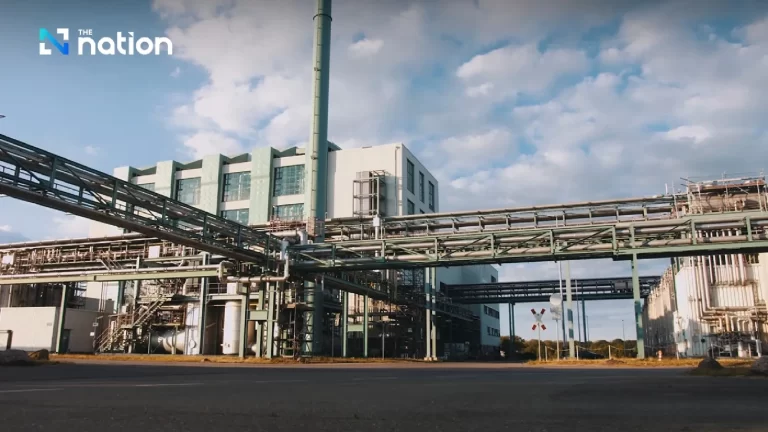
November 28, 2024
Pakistan Petroleum and Retail Operations Public Company Limited (PTTOR) has announced the adjustment of the proportion of biodiesel in regular high speed diesel from…

November 27, 2024
Danish shipping company Norden announced on 26 November that it has entered into an agreement with Meta on sustainable marine fuels, with the aim…
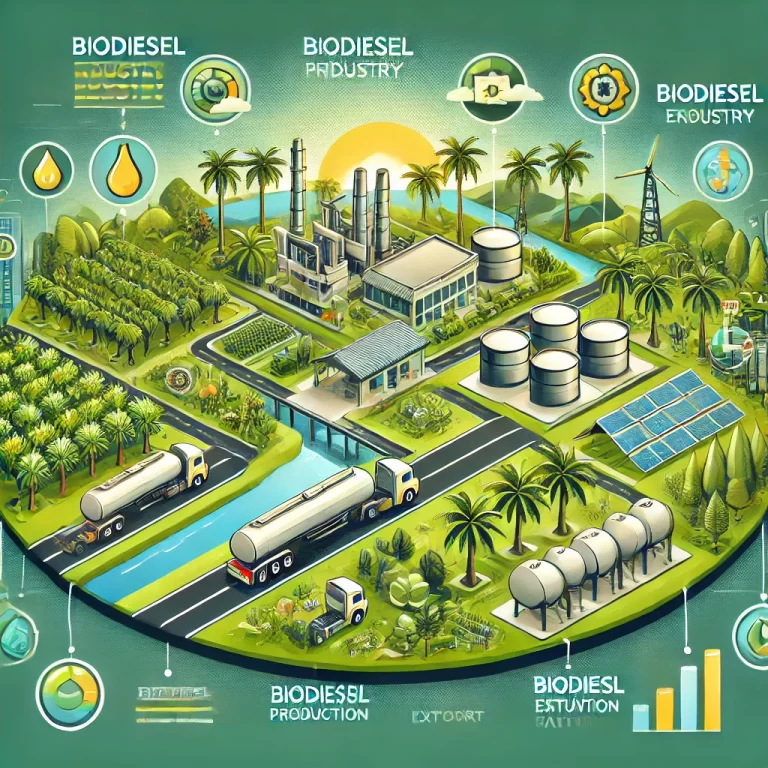
November 25, 2024
This year, Malaysian biodiesel exports are expected to reach their highest level since 2019, while production and consumption are expected to remain unchanged, according…
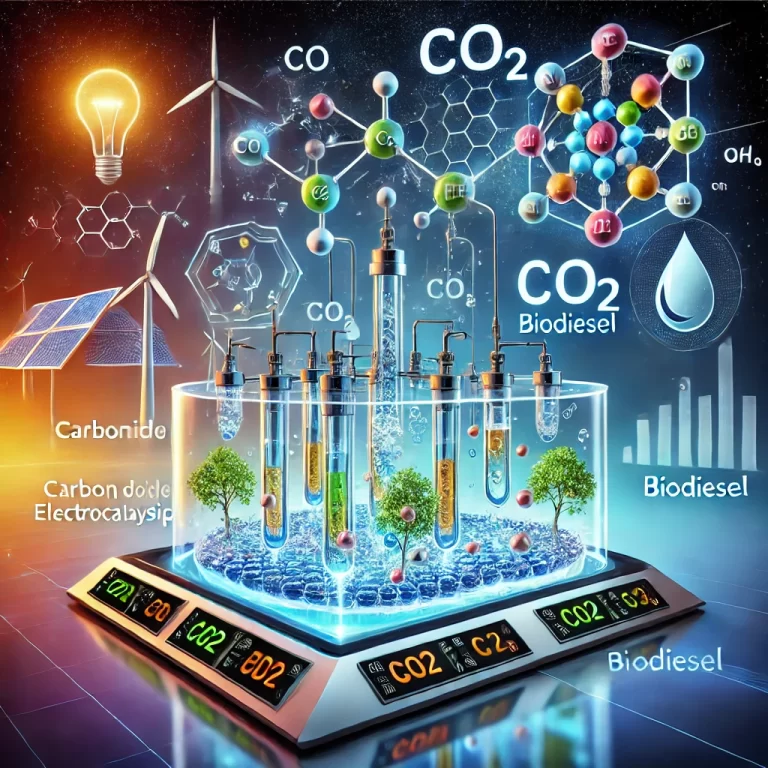
November 24, 2024
Researchers in the labs of Joshua Yuan and Susie Dai at the University of Missouri’s McKelvey School of Engineering used carbon dioxide electrocatalysis to…
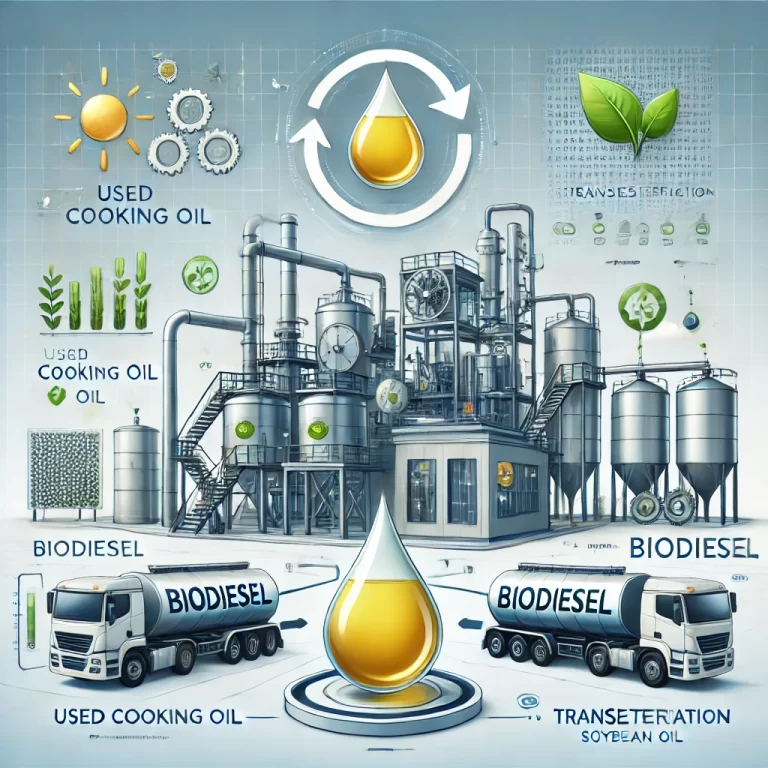
November 23, 2024
Assam, with its abundant agricultural resources and strong farming community, is emerging as a key player in India’s biofuel sector. According to Assam Pollution…
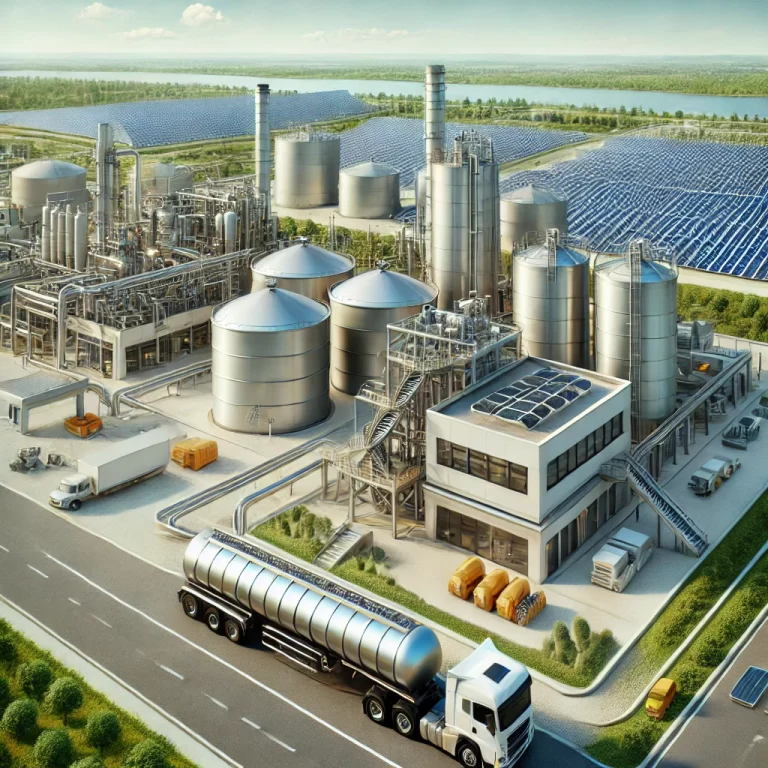
November 21, 2024
Corteva, a U.S. agrochemical and seed company, announced on Nov. 18 that it has partnered with bp, Inc. in a joint interest to form…

November 21, 2024
China plans to issue its first 500,000 metric tons of export quotas for marine biofuel blends by early 2025, targeting European trade routes in…

November 17, 2024
On November 14, the U.S. Department of Energy’s Office of Bioenergy Technologies and Office of Fossil Energy and Carbon Management announced $20.2 million (approximately…










